94-Year-Old Granny Released from Prison After NGO Intervention in Land Dispute Case
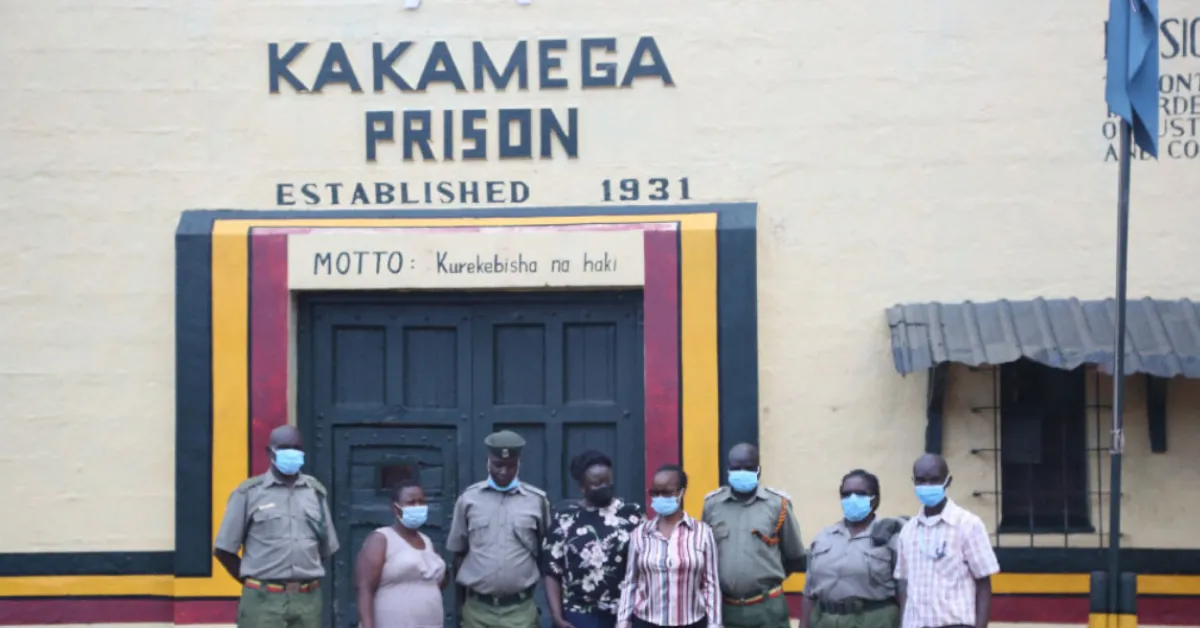
Sabina Isutsa, a 94-year-old grandmother, was released from Kakamega Women’s Prison on April 17, 2025, after serving part of a one-year sentence.
She was imprisoned for malicious property damage stemming from a land dispute. Isutsa's ordeal began when a neighbour accused her and her daughter-in-law, Priscila Wanjila, of destroying napier grass on disputed land in Ishisecheli Village. Despite Isutsa's claim of ownership, the court convicted both women. Isutsa's advanced age and inability to pay the Sh23,000 fine led to her incarceration in November 2024.
Her imprisonment has brought to light the dire conditions and lack of specialised care for elderly inmates in Kenya. During her time in prison, Isutsa suffered a dislocated hip, necessitating treatment at Moi Teaching and Referral Hospital in Eldoret. Wanjila was released after two-and-a-half months when her husband paid her Sh30,000 fine, but the experience left a significant emotional impact on the family.
The African Centre for Non-Violence Today (AfriNov) intervened in Isutsa’s case, paying her fine and securing her release on humanitarian grounds. Ms. Mary Shimwenyi, a mediator with AfriNov, reiterates that the organisation is committed to seeking justice for Isutsa and will investigate the circumstances surrounding the loss of the disputed land. Upon her release, Ms. Ann Sailet, the Deputy Officer-in-Charge at Kakamega Women’s Prison, praised Isutsa's positive influence on fellow inmates and staff, noting her role as a source of hope and solace through her prayers and demeanour.
Her release was celebrated by activists, including Ms. Jael Onyango, and other well-wishers. The case has drawn sharp criticism from activists and legal experts who argue that incarcerating elderly, non-threatening individuals is counterproductive. Ms. Linet Mwale, an activist, condemns the practice as a violation of the rights of senior citizens, equating it to a form of a slow death sentence.
Lawyer Mr. Patrick Mung’oma echoes these concerns, pointing out the absence of legal provisions that protect elderly individuals from imprisonment in Kenya. He advocates for legislative reforms that ensure proportional and humane punishments, tailored to the unique vulnerabilities of senior citizens.
AfriNov's Ms. Shimwenyi emphasises the urgent need for a more compassionate approach within the justice system, especially when dealing with elderly individuals suffering from chronic illnesses or diminished capacities. She reveals that Isutsa’s hospital bill for a metal implant amounted to Sh70,000, further burdening her family. AfriNov has pledged to continue advocating for justice in Isutsa’s case and to support her reintegration into society.


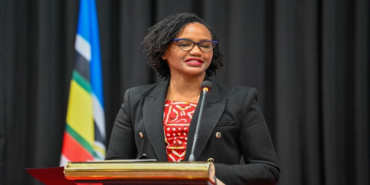
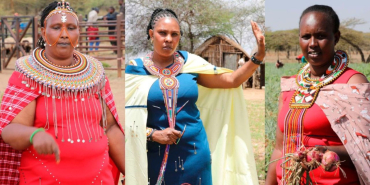
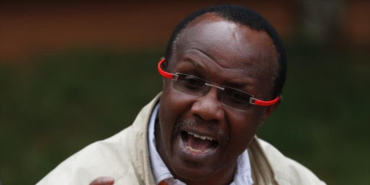
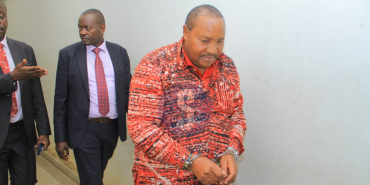
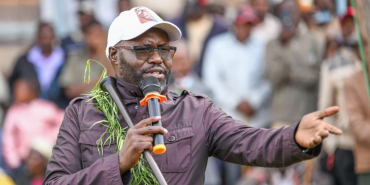


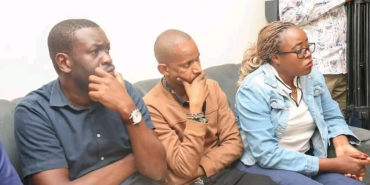



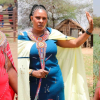
Add new comment